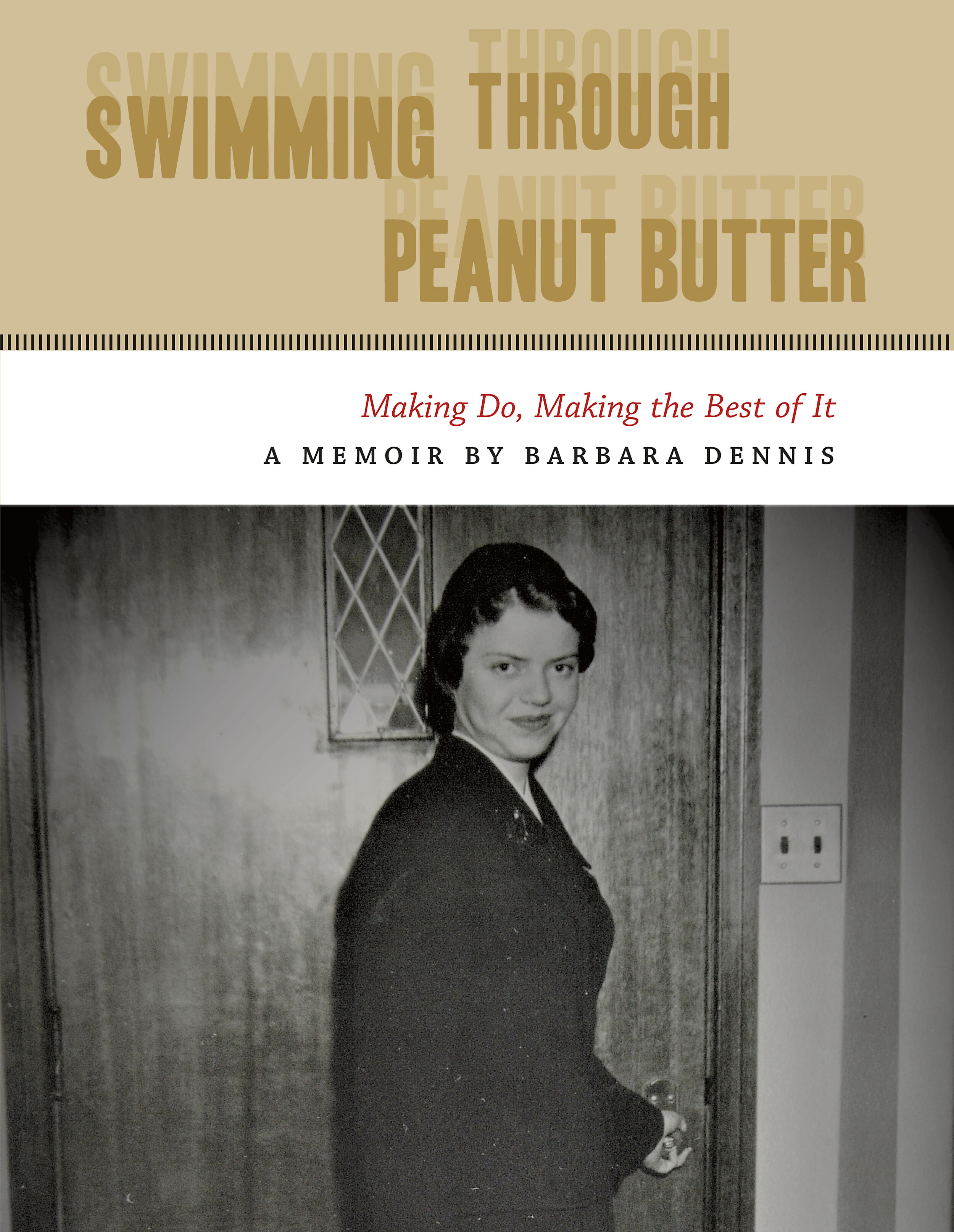
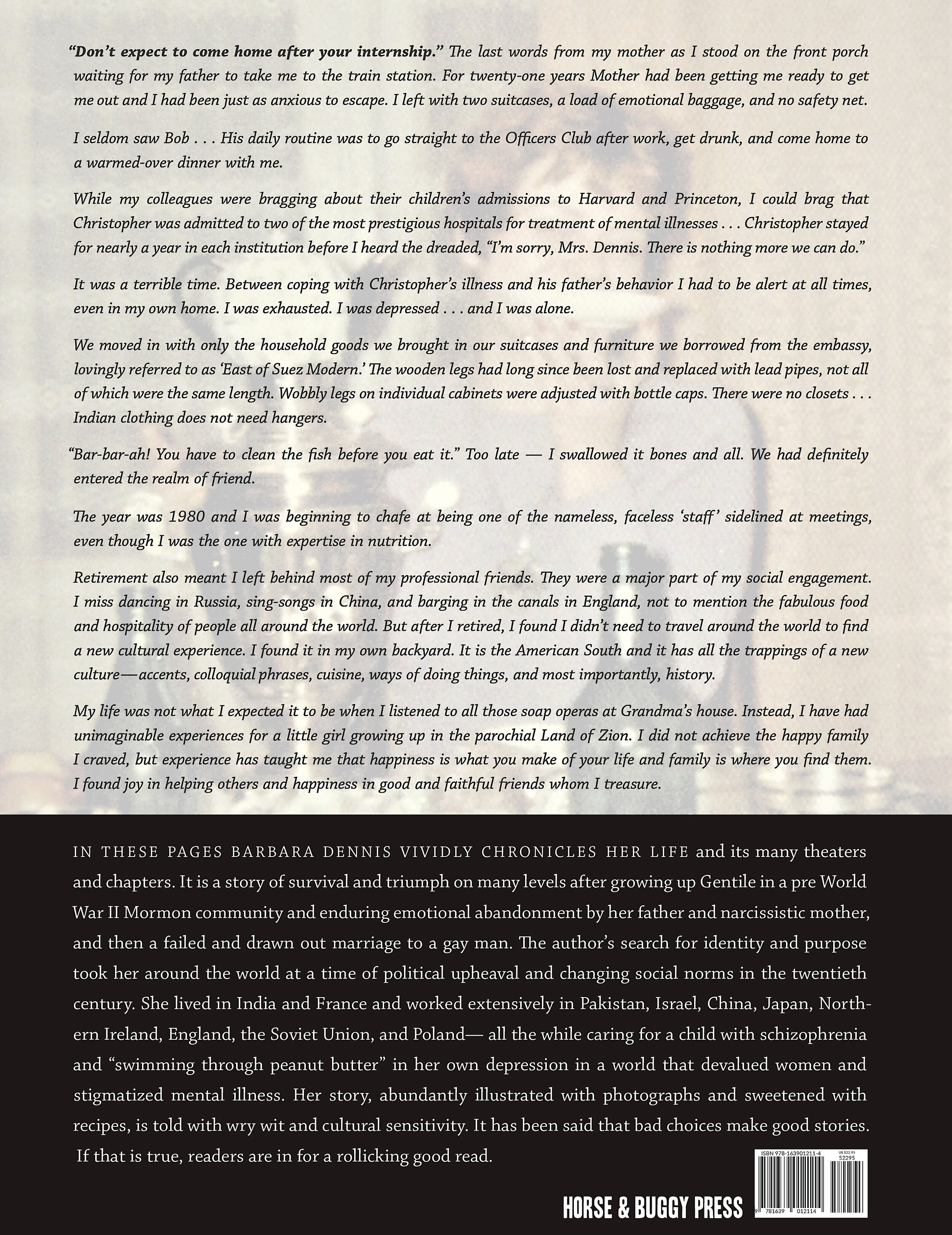
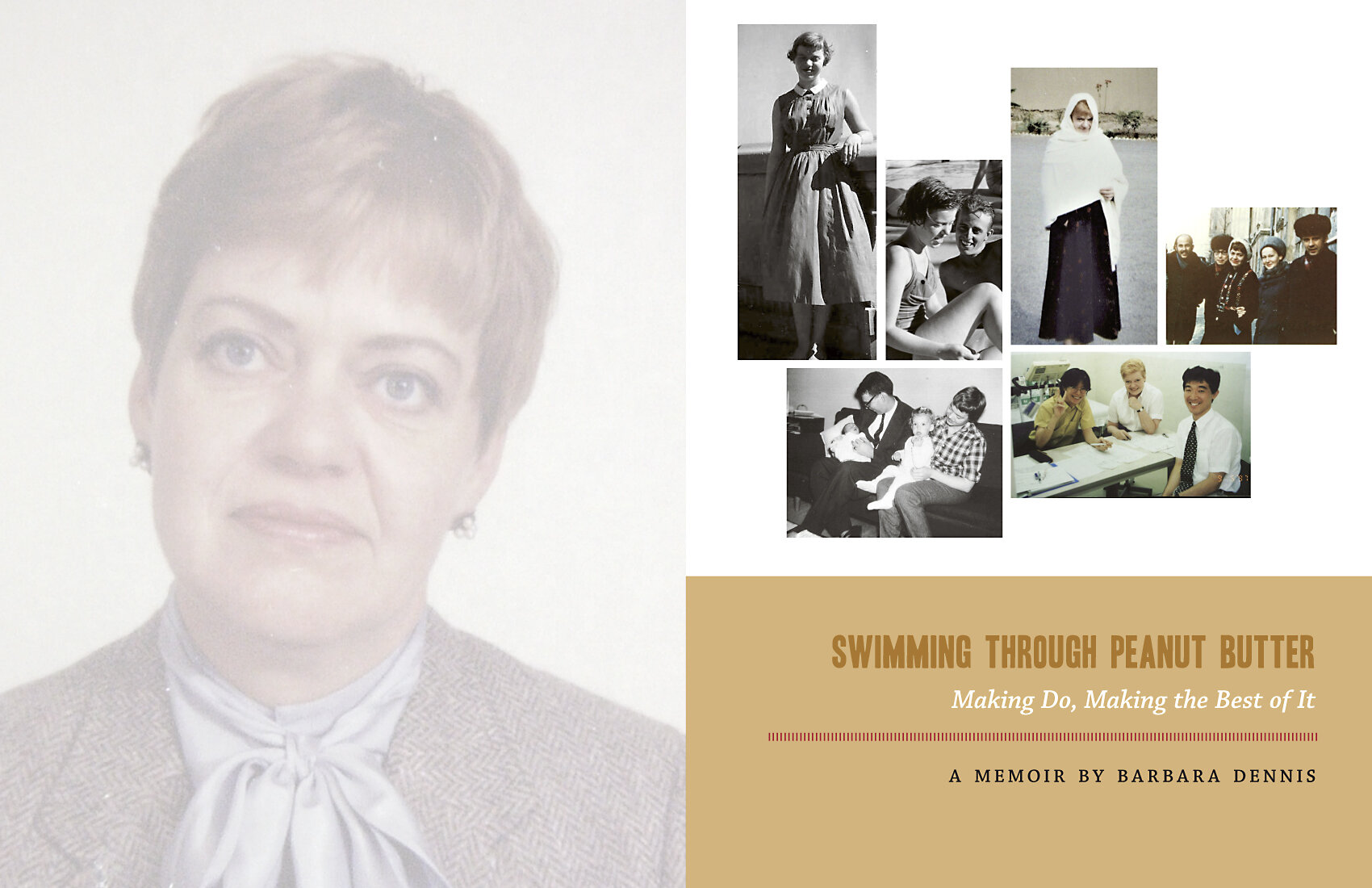
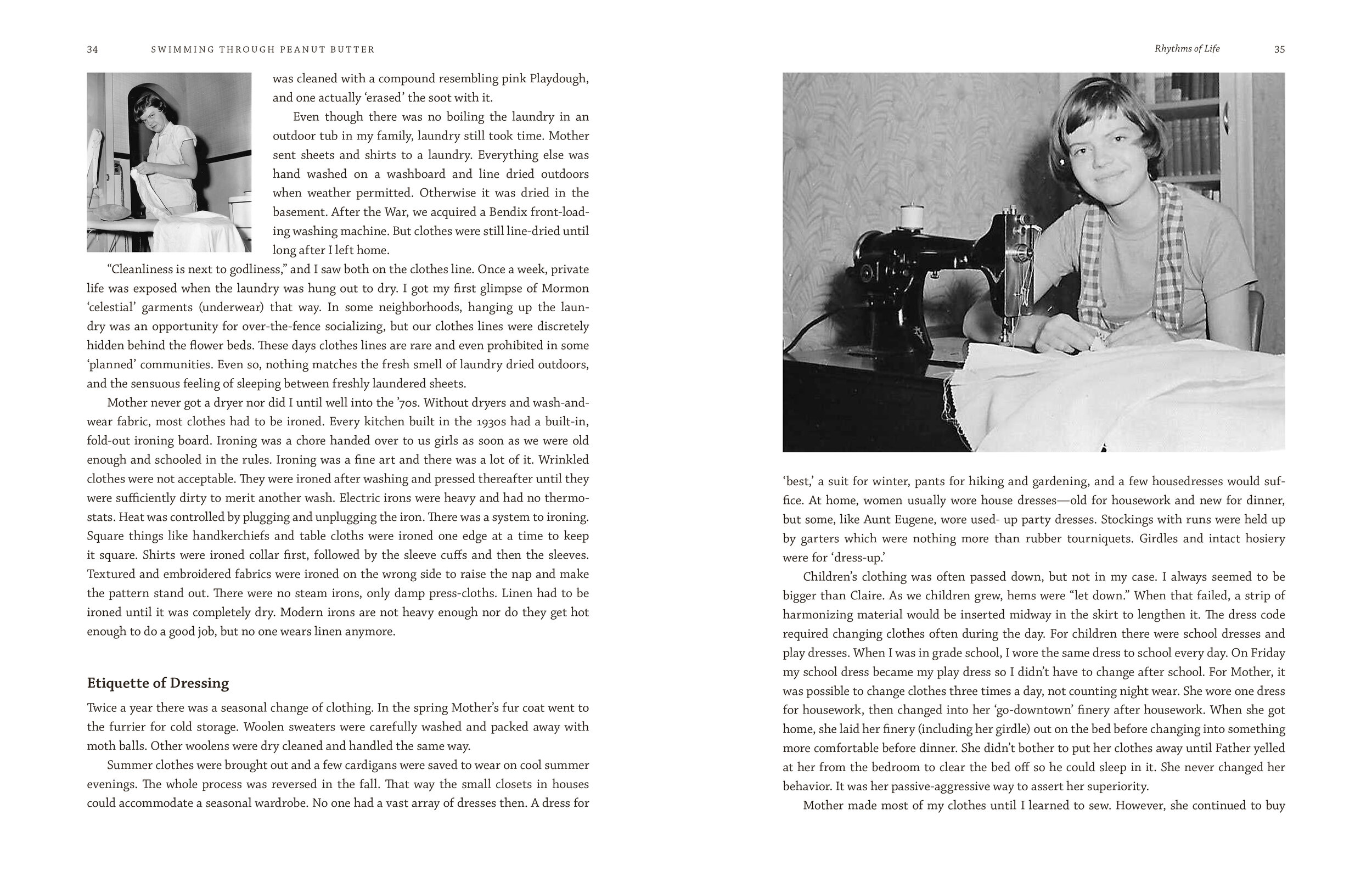
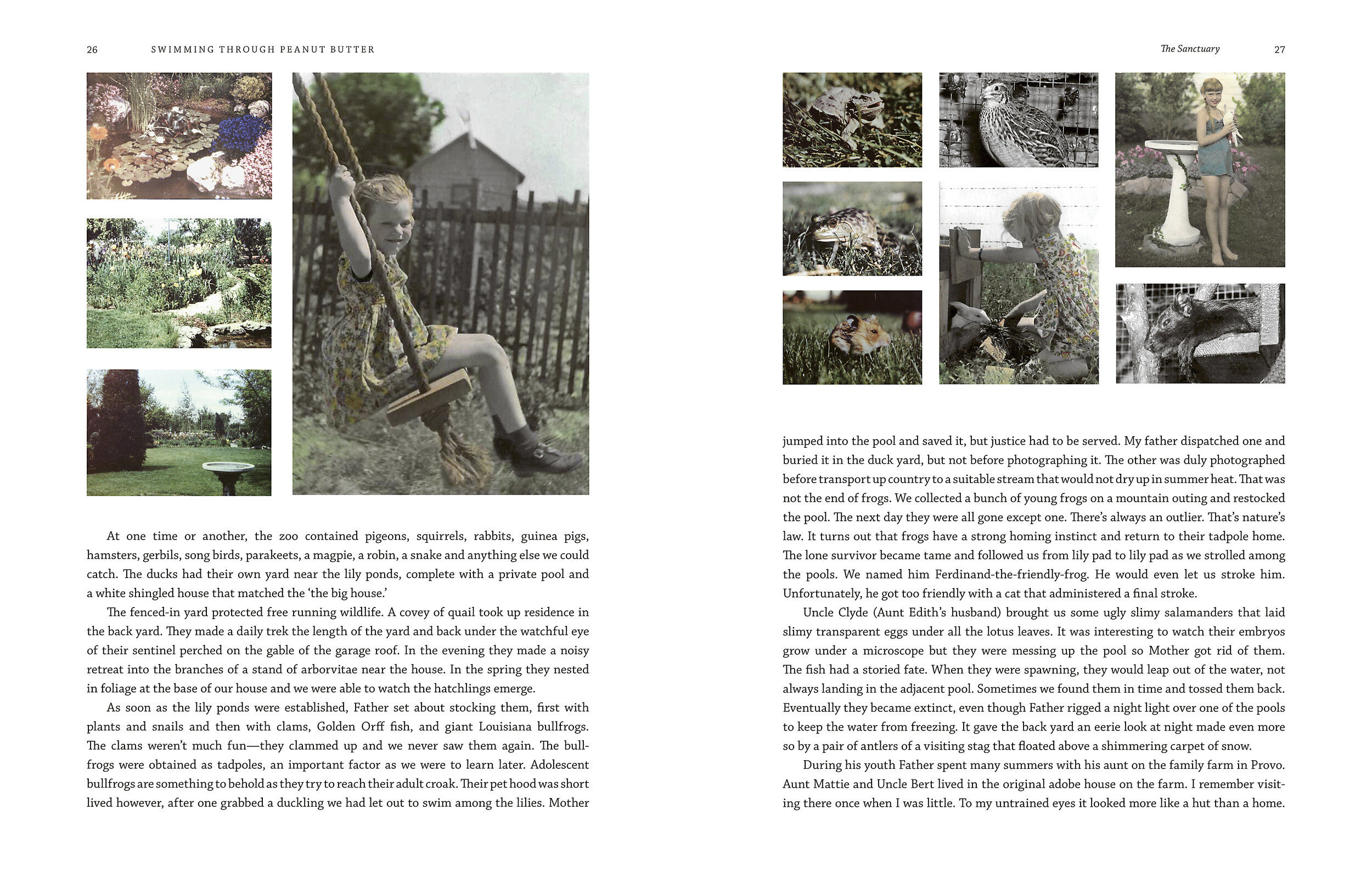
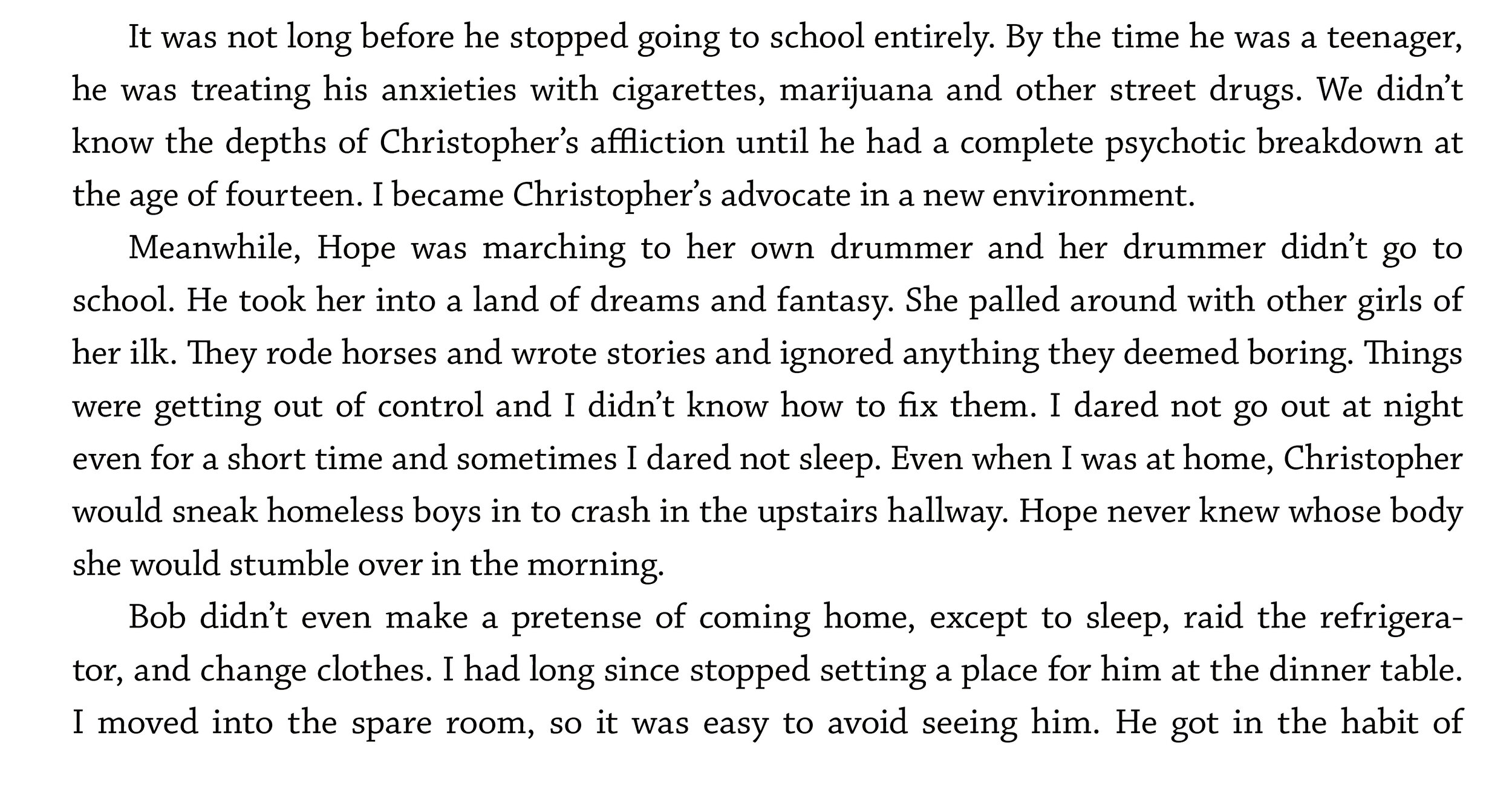
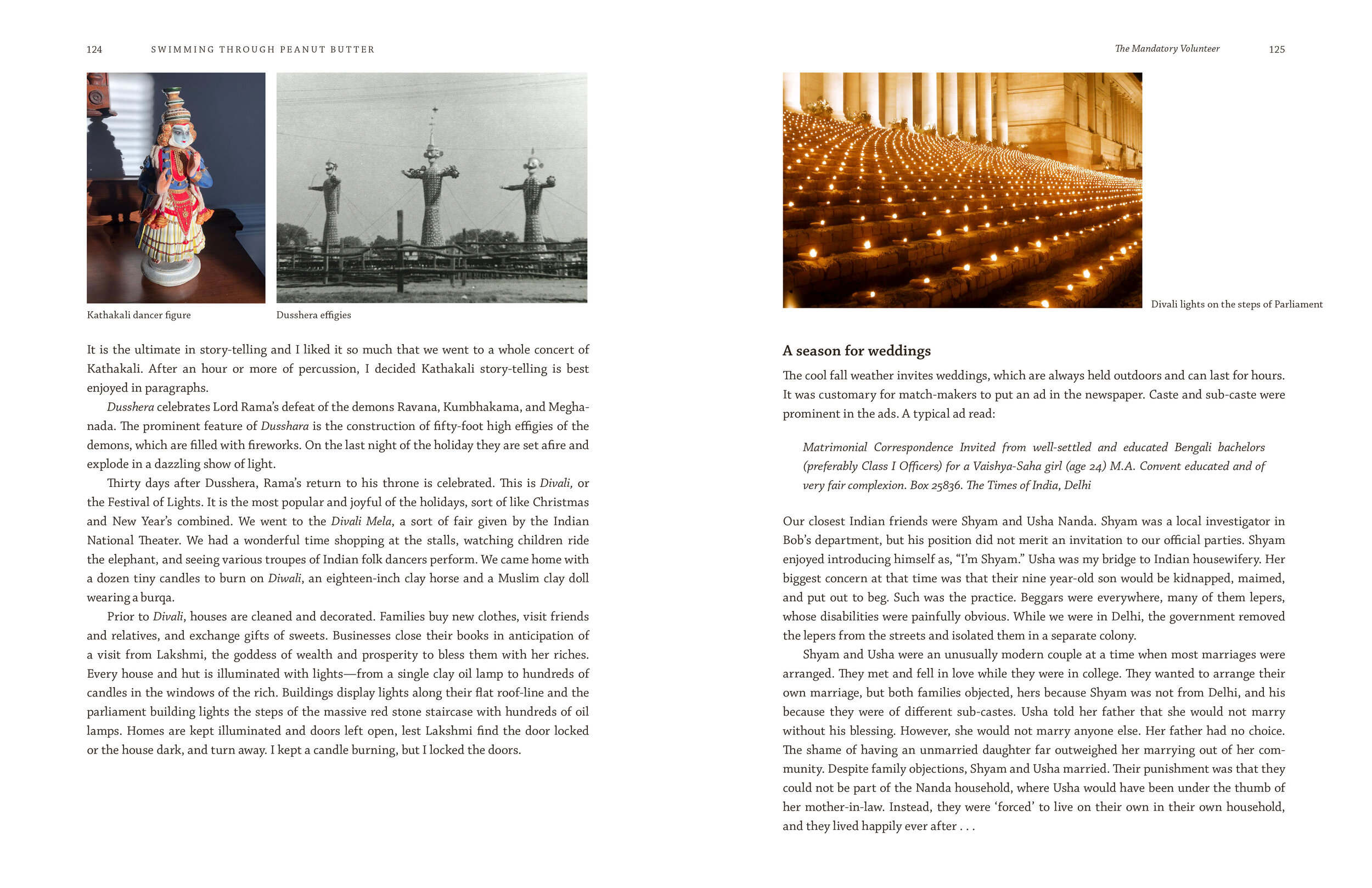
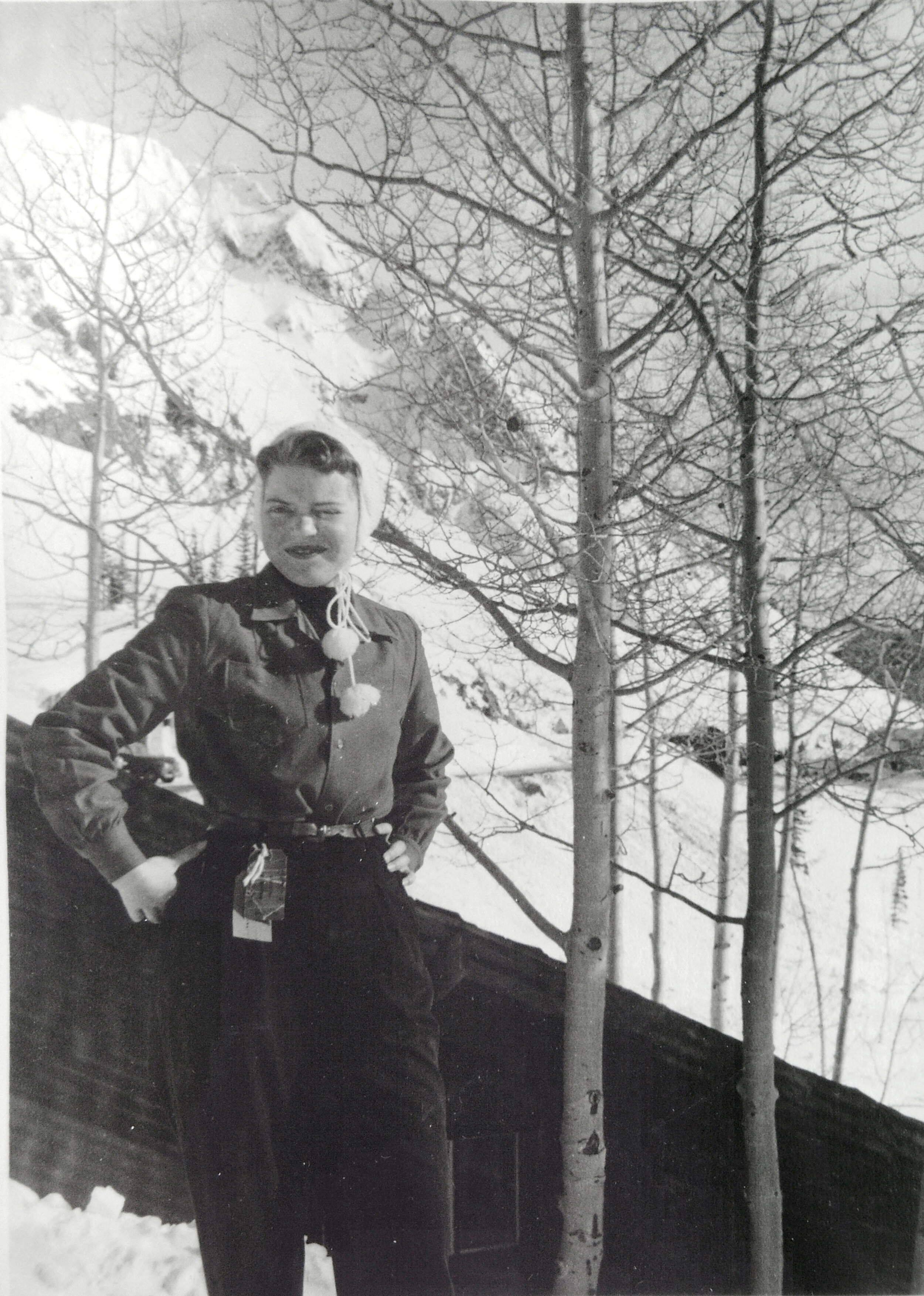
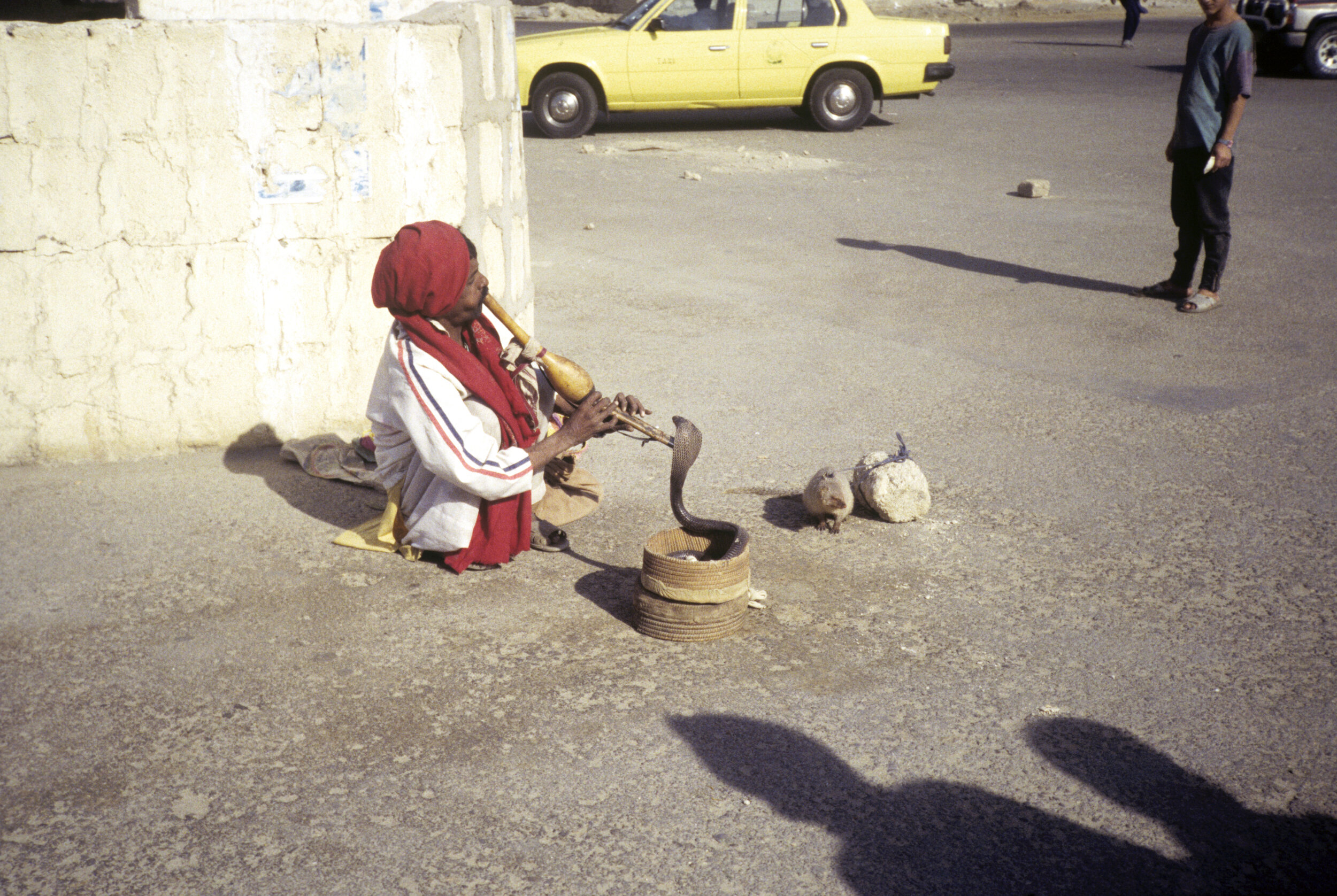
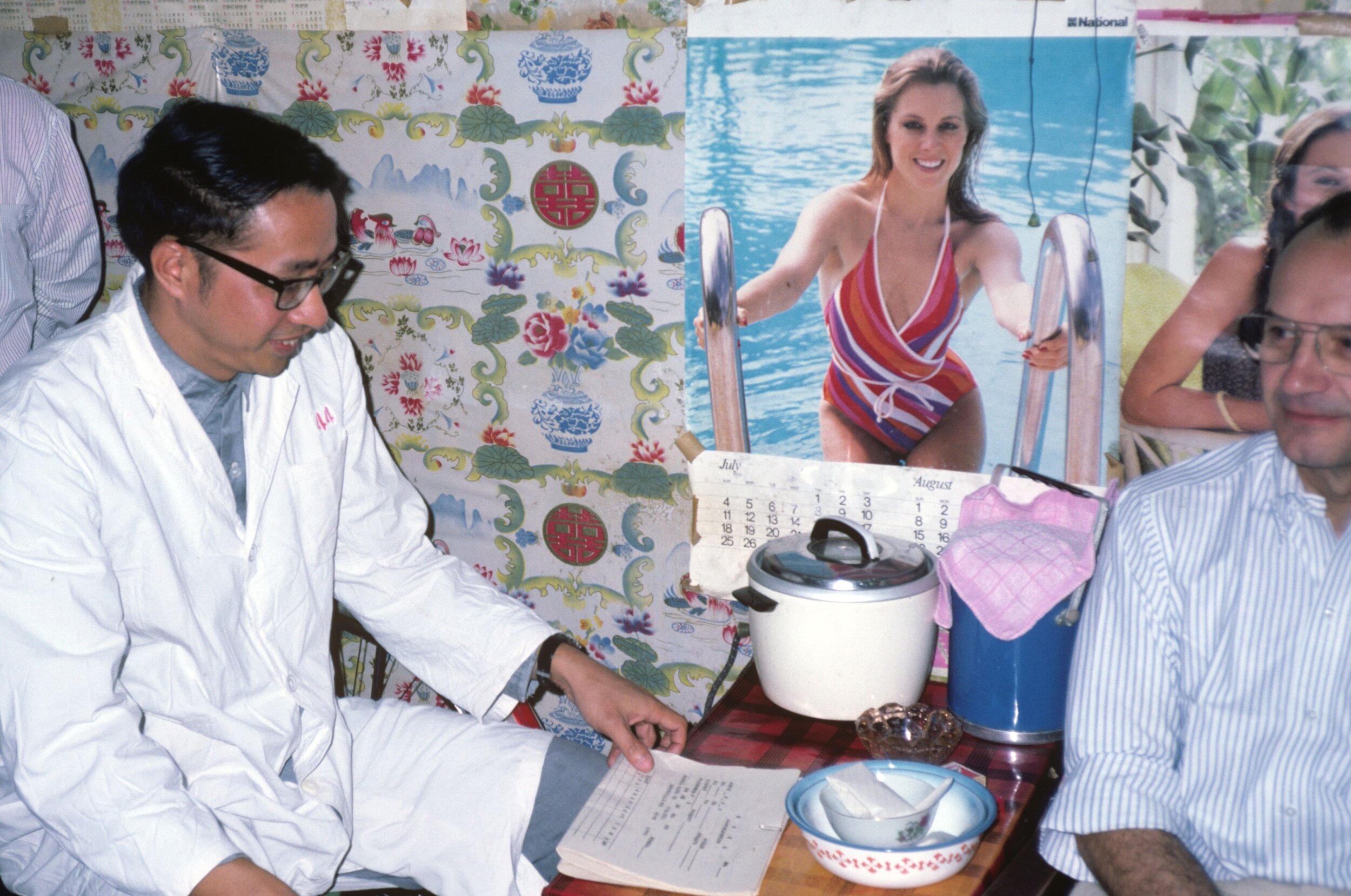
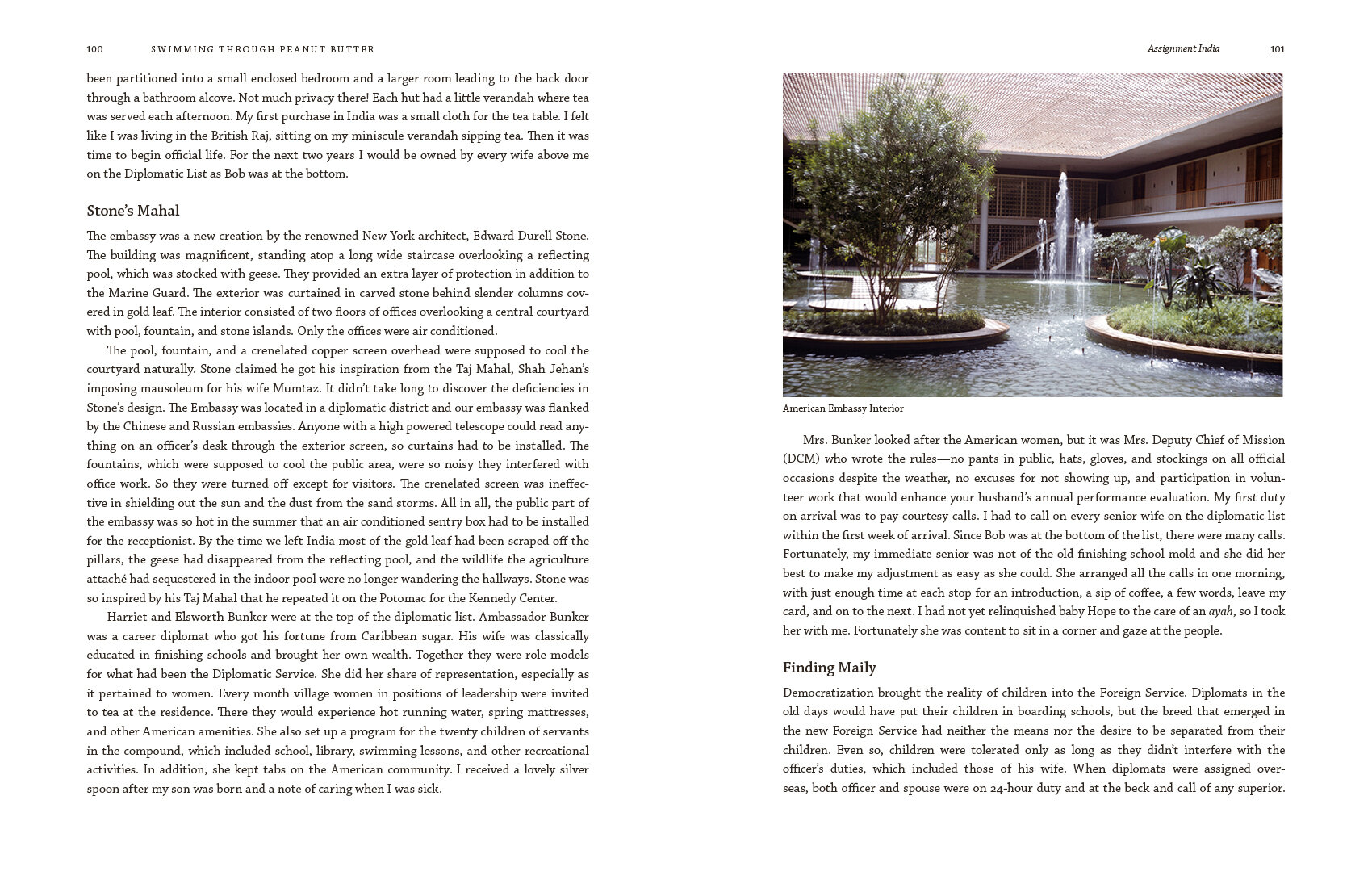
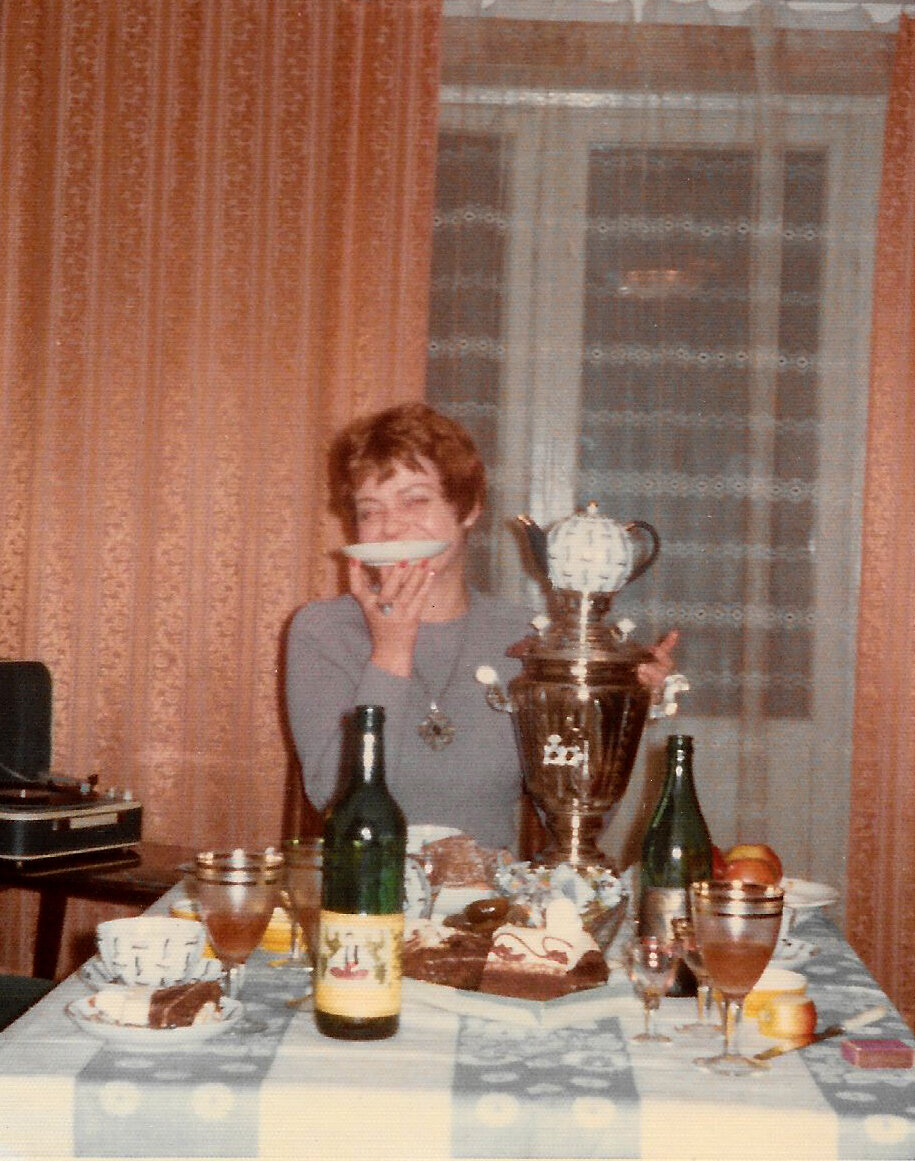
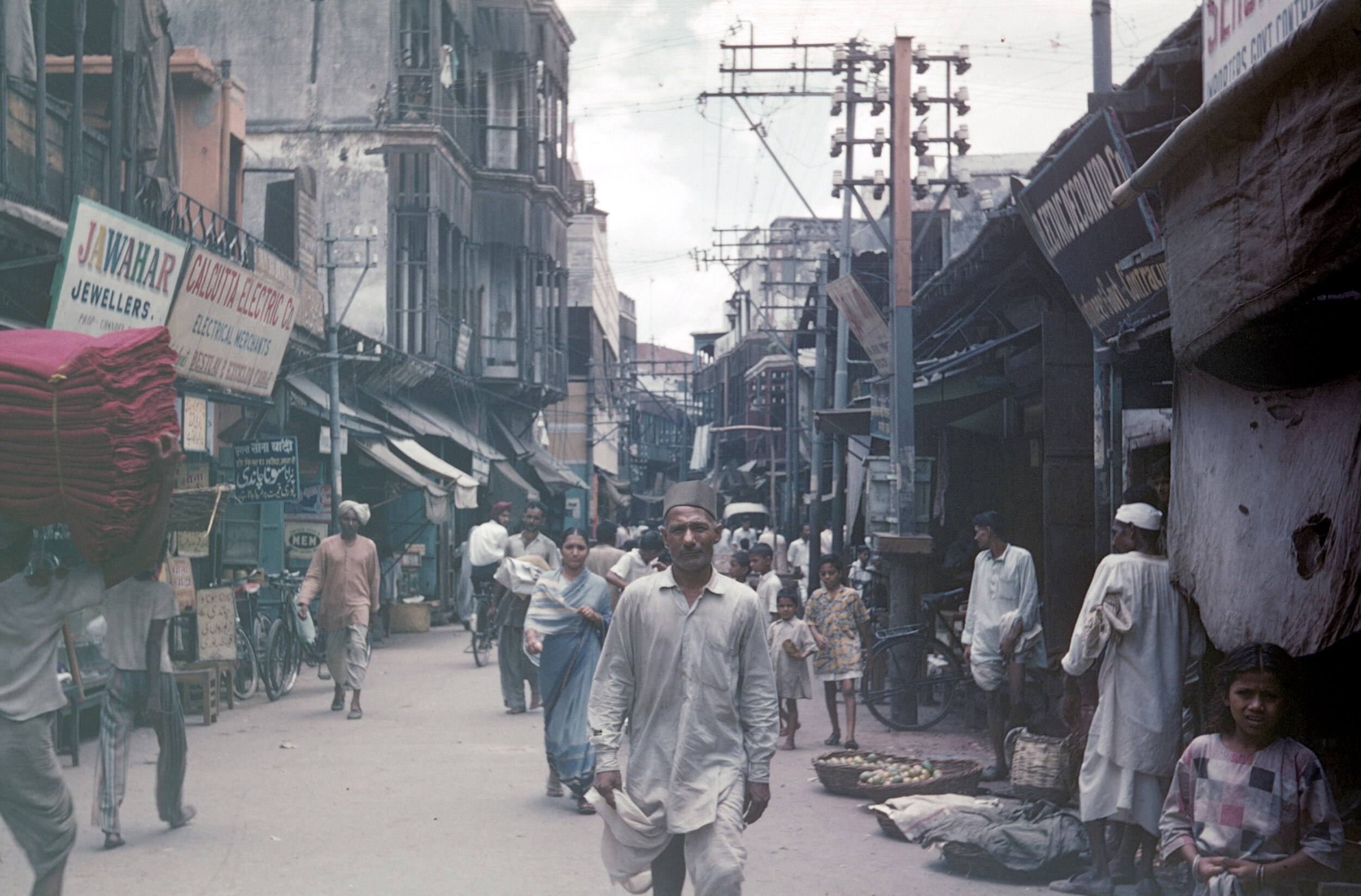
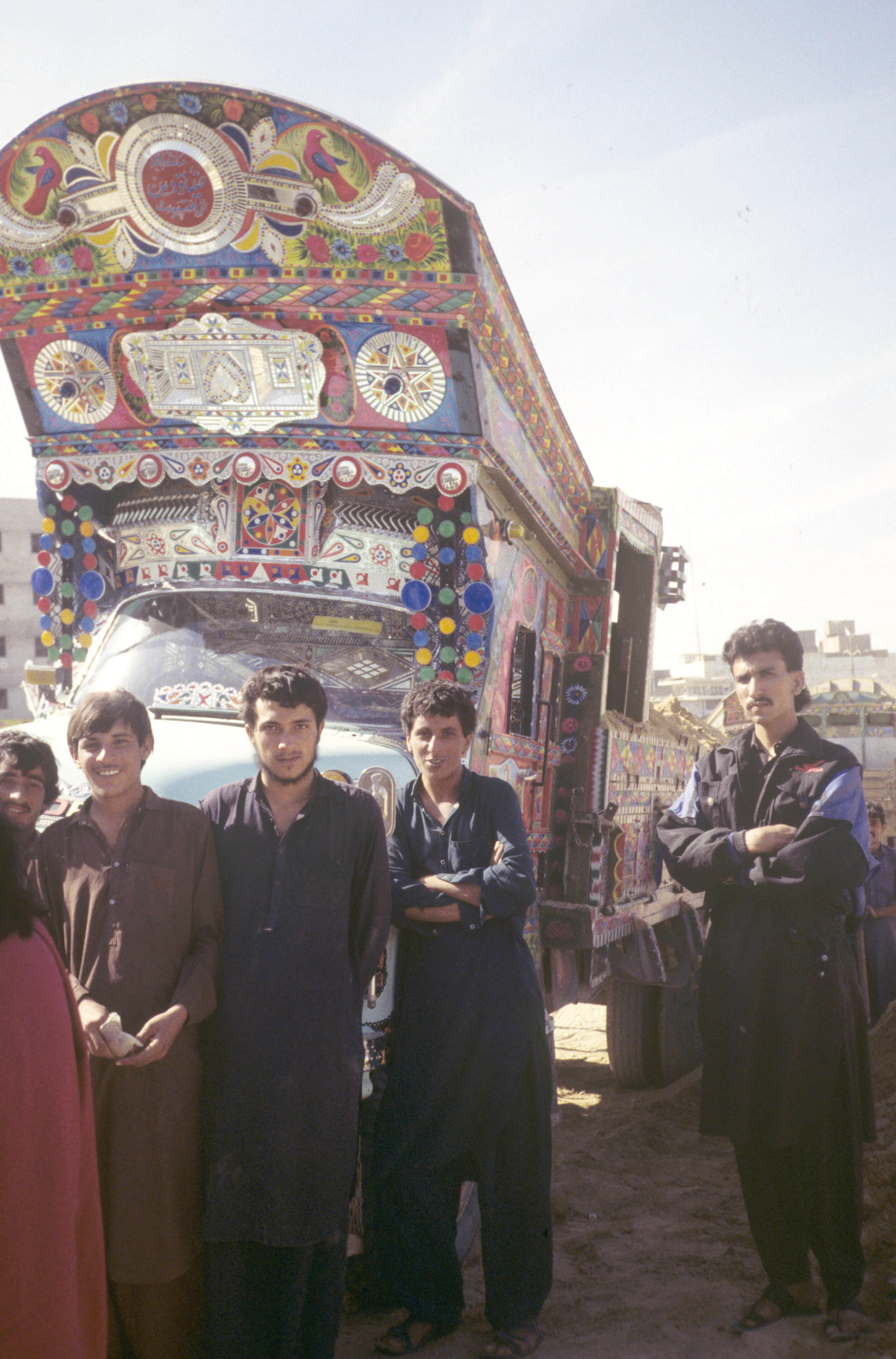
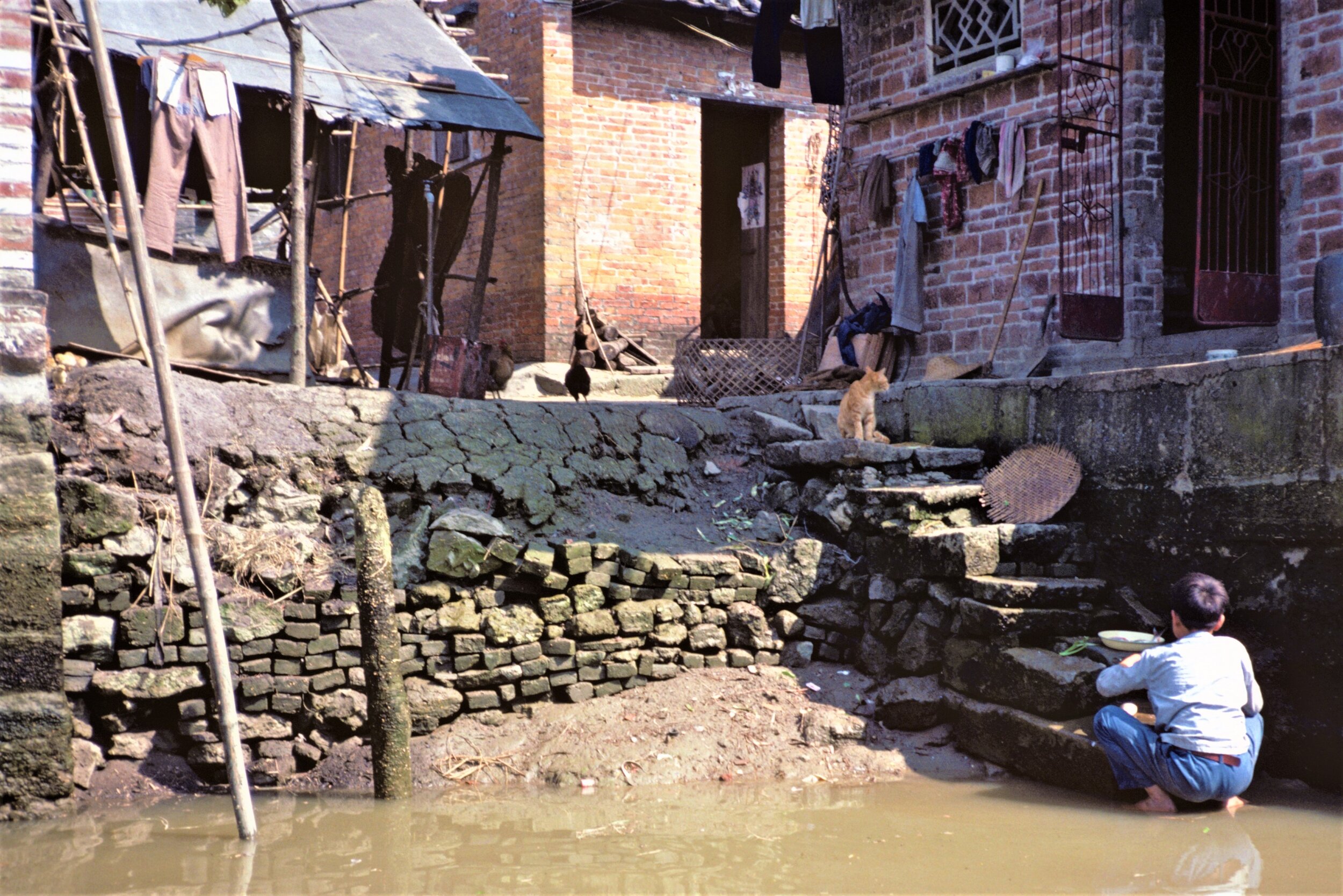
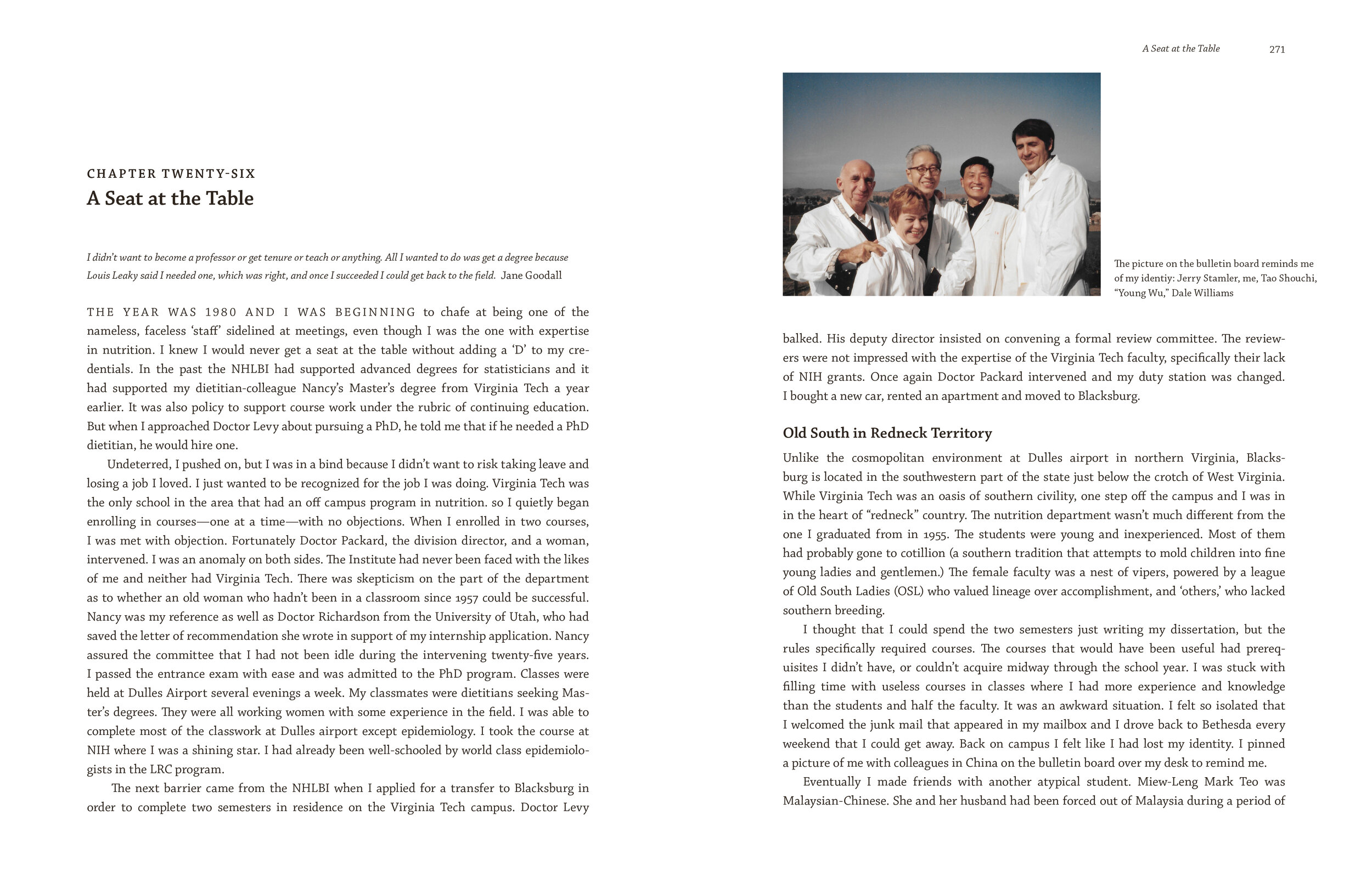
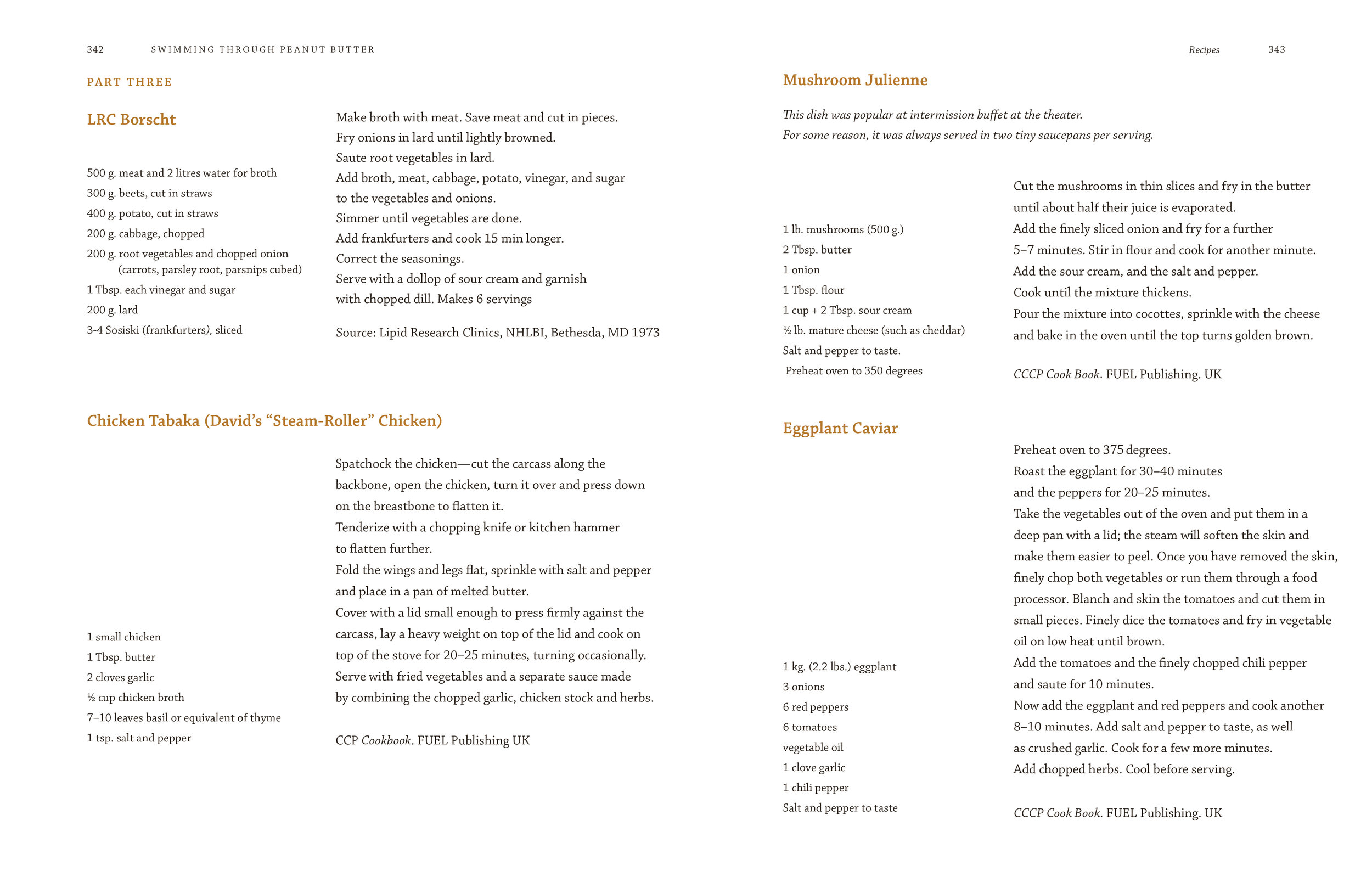
From here on out, this title is buy one, get one free. Read a copy, gift a copy.
While this is a large 350 page book you don't have to feel intimidated by it and read it front to cover. Just like a music album you can bounce around and pick and choose what you want to engage with. Put it down and revisit later. You will be rewarded and inspired by every chapter in this book.
Barbara Dennis passed away in March of 2024 at the age of 88.
My tribute to Barbara, and how thinking about her book has affected how I think about what I’m doing with H&B and Friends is here.
In her wide-ranging and insightful memoir, Barbara Dennis vividly chronicles her life and its many pathways and detours while providing a unique glimpse at a range of cultures, and societal issues, through a rich, but bumpy life. This is a story of survival and triumph on many levels after growing up Gentile in a pre-World War II Mormon community and enduring emotional abandonment by her father and narcissistic mother.
My backyard was a beehive of activity during the day and a sanctuary in the evening. Father designed the landscape and built the hardscape. When he wasn’t building, he was photographing everything the garden contained. Mother planted the flowers and maintained the gardens. We all lived parallel lives within its borders. Running alongside each other, but rarely intersecting. Mother’s affinity for the great outdoors fit well alongside Father’s, and (sister) Claire’s parallel was close. Her curiosity in the natural world and scientific bent mirrored his, while my parallel was out in the universe somewhere. After Father sent me into the house for plucking grass clippings out of his trouser cuffs, I never touched him again, nor did he touch me. It broke my heart when I saw him hugging Claire.
“Don’t expect to come home after your internship.” Those were the last words from my mother as I stood on the front porch waiting for my father to take me to the train station. For twenty-one years Mother had been getting me ready to get me out and I had been just as anxious to escape. I left with two suitcases, a load of emotional baggage, and no safety net.
Then onto a failed and drawn out marriage to man who turned out to be gay and equally bad, and absent, in his roles as co-parent and partner; running into (and occasionally breaking through) glass ceilings and cultural challenges as a female health scientist overseas while bridging the often cloistered confines of academia and governmental institutions; and then overcoming cancer in her late fifties.
The author’s committed search for identity and purpose took her around the world at a time of political upheaval and changing social norms in the twentieth century. She lived in India and France and worked extensively in Pakistan, Israel, China, Japan, Northern Ireland, England, the Soviet Union, and Poland, — all the while caring for a child with schizophrenia and “swimming through peanut butter” in her own depression in a world that devalued women and stigmatized mental illness. Her story, abundantly illustrated with her own photographs, is told with wry wit and cultural sensitivity. Readers will be pulled along an amazing journey, filled with outlandish stories that prove truth can be stranger than fiction sometimes, and tempered with quiet appreciation and observation of beauty and true friendship along the way.
The book concludes with an epilogue rich with learned perspectives, and is sweetened with a smattering of recipes from kitchens and culinary adventures across the globe.
My life was not what I expected it to be when I listened to all those soap operas at Grandma’s house. Instead, I have had unimaginable experiences for a little girl growing up in the parochial Land of Zion. I did not achieve the happy family I craved but experience has taught me that happiness is what you make of your life and family is where you find them. I found joy in helping others and happiness in good and faithful friends whom I treasure.
Many of the people who might share my reminiscences have died or are cognitively compromised and cannot share their stories. I write for them. I write about a time when women were destined for a life of dependency as wives and mothers, divorcees, and widows. I’m glad those days are gone. Beginning with my daughter’s generation, young women don’t seek college degrees ‘just in case.’ They seek careers and they major in math and science, medicine, and law.
8.5 x 11 inches, 352 pages, printed in full color on heavyweight paper.
$22.95
Additional writing excerpts
Mother warned me that I was not going there to have fun, at least not at the expense of excelling academically. I tried to do both. The most enriching experience for me was not in the classroom. It was the Christian Fellowship House. Located in an old bungalow on the edge of the campus, it not only provided a place to hang out, it also allowed me to explore facets of myself I had kept undercover. I grew. Unfortunately for our Methodist Church sponsor, we turned out to be a bunch of free thinkers. We never let Christianity get in the way of our activities, although most of us, I assume, had some familiarity with it. Instead we had long philosophical discussions. The coffee pot was always on, as well as a continuing bridge game.
When I reached a senior position in the administration, I had the courage to suggest changes in the format of staff meetings. There had been tension between the nursing staff and the dietitians at both hospitals; nurses felt we were interlopers and dietitians believed that nurses did not have the knowledge to give dietary advice. I suggested inviting a nurse to discuss the philosophy and skills of nursing that differentiated them from dietitians and doctors. I also suggested getting someone from USDA to talk about food composition and how the values we depended on were derived. I also suggested adding case studies to the staff meetings. Nothing happened. Miss Jones set the agenda.
It was not long before he stopped going to school entirely. By the time he was a teenager, he was treating his anxieties with cigarettes, marijuana and other street drugs. We didn’t know the depths of Christopher’s affliction until he had a complete psychotic breakdown at the age of fourteen. I became Christopher’s advocate in a new environment.
Meanwhile, Hope was marching to her own drummer and her drummer didn’t go to school. He took her into a land of dreams and fantasy. She palled around with other girls of her ilk. They rode horses and wrote stories and ignored anything they deemed boring. Things were getting out of control and I didn’t know how to fix them. I dared not go out at night even for a short time and sometimes I dared not sleep. Even when I was at home, Christopher would sneak homeless boys in to crash in the upstairs hallway. Hope never knew whose body she would stumble over in the morning.
We moved in with only the household goods we brought in our suitcases and furniture we borrowed from the embassy, lovingly referred to as ‘East of Suez Modern.’ The wooden legs had long since been lost and replaced with lead pipes, not all of which were the same length. Wobbly legs on individual cabinets were adjusted with bottle caps. There were no closets, only a single almirah (wardrobe) where special things could be locked up. Indian clothing does not need hangars.
The embassy was a new creation by the renowned New York architect, Edward Durell Stone. The building was magnificent, standing atop a long wide staircase overlooking a reflecting pool, which was stocked with geese. They provided an extra layer of protection in addition to the Marine Guard. The exterior was curtained in carved stone behind slender columns covered in gold leaf. The interior consisted of two floors of offices overlooking a central courtyard with pool, fountain, and stone islands. Only the offices were air conditioned.
The pool, fountain, and a crenelated copper screen overhead were supposed to cool the courtyard naturally. Stone claimed he got his inspiration from the Taj Mahal, Shah Jehan’s imposing mausoleum for his wife Mumtaz. It didn’t take long to discover the deficiencies in Stone’s design. The Embassy was located in a diplomatic district and our embassy was flanked by the Chinese and Russian embassies. Anyone with a high powered telescope could read anything on an officer’s desk through the exterior screen, so curtains had to be installed. The fountains, which were supposed to cool the public area, were so noisy they interfered with office work. So they were turned off except for visitors. The crenelated screen was ineffective in shielding out the sun and the dust from the sand storms. All in all, the public part of the embassy was so hot in the summer that an air conditioned sentry box had to be installed for the receptionist. By the time we left India most of the gold leaf had been scraped off the pillars, the geese had disappeared from the reflecting pool, and the wildlife the agriculture attaché had sequestered in the indoor pool were no longer wandering the hallways. Stone was so inspired by his Taj Mahal that he repeated it on the Potomac for the Kennedy Center.
After six years abroad, I was back in Washington and my old life, except everything had changed. It was the ’60s and social mores had been turned upside down. The Civil Rights movement was in full swing. Birth control was more convenient and so was sex. My circumstances had changed too. I left Washington with an infant and I came back with two walking, talking individuals.
Back in Beijing that night we went to the famous Peking Opera. The theater was crowded with many young people, including our driver Mr. Wang, who thoroughly enjoyed it. At times the orchestra was applauded separately. Professor Wu accompanied us and explained the story. It was a traditional one set about 1,000 years ago and concerned an honest general, a scheming empress, her father-in-law, and a wise emperor who succumbed to drink and was tricked into banishing his trusted general. The acting, a combination of singing and gymnastics, was superb, requiring the barest translation to follow the story. In the end the emperor was distraught and filled with self-criticism. He threw himself into the air, somersaulted, and landed prostrate on the floor. Then he got up and immediately launched into a full-throated song. I could only imagine Pavarotti in the same role. The costumes were beautiful and worth the price of a ticket just to see them. Professor Wu told us that opera would never have been performed during the Cultural Revolution.
Humor springs not from joy, but from sorrow. Mark Twain
I started this memoir in order to capture a bygone era from the last century. Just as Shiv Charan spent Sunday afternoons in Jorbagh examining each item in the waste basket and keeping what was valuable, I too have sorted through the events of my own life and four generations of living memory and reduced them to what matters. In the process, I found that my life is more than a random collection of people, places, and experiences. They are more like puzzle pieces, that when fitted together, reveal an identity that stretches back to before I was born. And with each new experience my identity has been recalibrated. I am my history.
